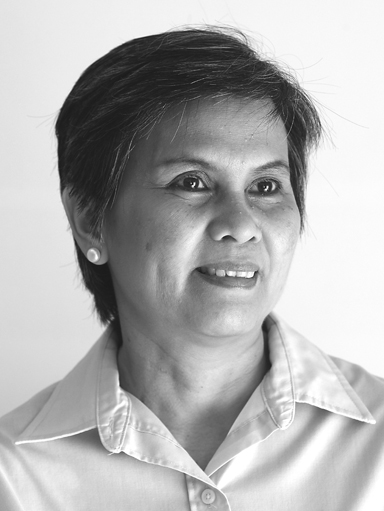Of stewardship and democratic aspirations

Atty. Gloria Estenzo-Ramos
Talks of charter change are not contributing to the strengthening of our democratic institutions in the era of transitions, where our still young nation still finds itself in.
Such plan is, in fact, adding to the perception of instability in the country, wracked as it is by conflicts that have the potential of triggering a constitutional crisis.
There are so many important matters that should be addressed by our state agencies and departments instead of focusing on destroying a landmark instrument for social and political justice, the 1987 Constitution.
Citizens and advocates are wary, knowing that assertion of the right to a healthy environment requires democratic values of freedom, public participation and access to information, and of course, strong institutions.
It should always be emphasized that our Constitution is a product of the painful experience of Martial Law era where human rights were abused and transgressed.
The framers and we, citizens, by our overwhelming vote of ratification to it, ensured that the State, as duty holder, prioritizes the honor and dignity of each individual and the full exercise of human rights including our inalienable right to life, livelihood, health and a healthful and balanced ecology.
The constitutional right to access to information and justice, the right of the people to a participate in decision-making and the right to livelihood, with our subsistence fisherfolk given the preferential access to their traditional fishing grounds are now deeply enshrined as social and political justice provisions in our national laws.
These and other mechanisms for inclusive and participatory governance are the tools that we hold strong, even as against abusive or misguided workers in government.
Our fundamental law of the land thus created institutions and mechanisms to ensure that human rights are protected and social justice is attained. They stand to be diminished or outright abolished when we start the process of dismantling the Constitution.
Three decades after its establishment, we have to admit that it is still a work in progress in how these provisions are given life and being implemented.
But they have done so much in giving our people the tools for empowering themselves and in the crusade to protect our natural life support system.
Citizens, including advocates, could not have gone this far in winning victories for the protection of our environment without the strong mechanisms in place because of the 1987 Constitution.
Our Supreme Court could not have promulgated the unprecedented seven-year-old Rules of Procedure for Environmental Cases without the power and the duty given it by the Constitution to make rules for the protection of our constitutional rights. While the aforesaid rules are still to be fully complied with by those tasked to follow it, and needs to be assessed, at this time, it has given much leverage for citizens to use to protect our right and perform our duty as stewards of nature.
The former chief justice Hilario Davide Jr., one of the framers of the 1987 Constitution, is right. Our Constitution is “the best Constitution in the world” and “it is pro-God, pro-poor, and pro-people” and, I add, definitely pro-nature.
We should oppose any move to change it.
The complex life we face sometimes makes one think it is easier to throw in the towel and live a life of self-indulgence as some are wont to do. But, of course, we care about our home planet, the only one we have, and the future of our children and their children, and we cannot let them down. It is our duty to protect them and spare them from further harm and destruction.
We do get reinvigorated by giants in the advocacy world who continue to inspire and make this fight one of “fearlessness and joy.” I am sharing the inspiring thoughts of one such person, Vandana Shiva, an author and environmental activist, on how she is carrying on:
“[How do I do it?] Well, it’s always a mystery, because you don’t know why you get depleted or recharged. But this much I know. I do not allow myself to be overcome by hopelessness, no matter how tough the situation. I believe that if you just do your little bit without thinking of the bigness of what you stand against, if you turn to the enlargement of your own capacities, just that itself creates new potential. And I’ve learned from the Bhagavad-Gita and other teachings of our culture to detach myself from the results of what I do, because those are not in my hands. The context is not in your control, but your commitment is yours to make, and you can make the deepest commitment with a total detachment about where it will take you. You want it to lead to a better world, and you shape your actions and take full responsibility for them, but then you have detachment. And that combination of deep passion and deep detachment allows me to take on the next challenge, because I don’t cripple myself, I don’t tie myself in knots. I function like a free being. I think getting that freedom is a social duty because I think we owe it to each not to burden each other with prescription and demands. I think what we owe each other is a celebration of life and to replace fear and hopelessness with fearlessness and joy.”
Disclaimer: The comments uploaded on this site do not necessarily represent or reflect the views of management and owner of Cebudailynews. We reserve the right to exclude comments that we deem to be inconsistent with our editorial standards.
